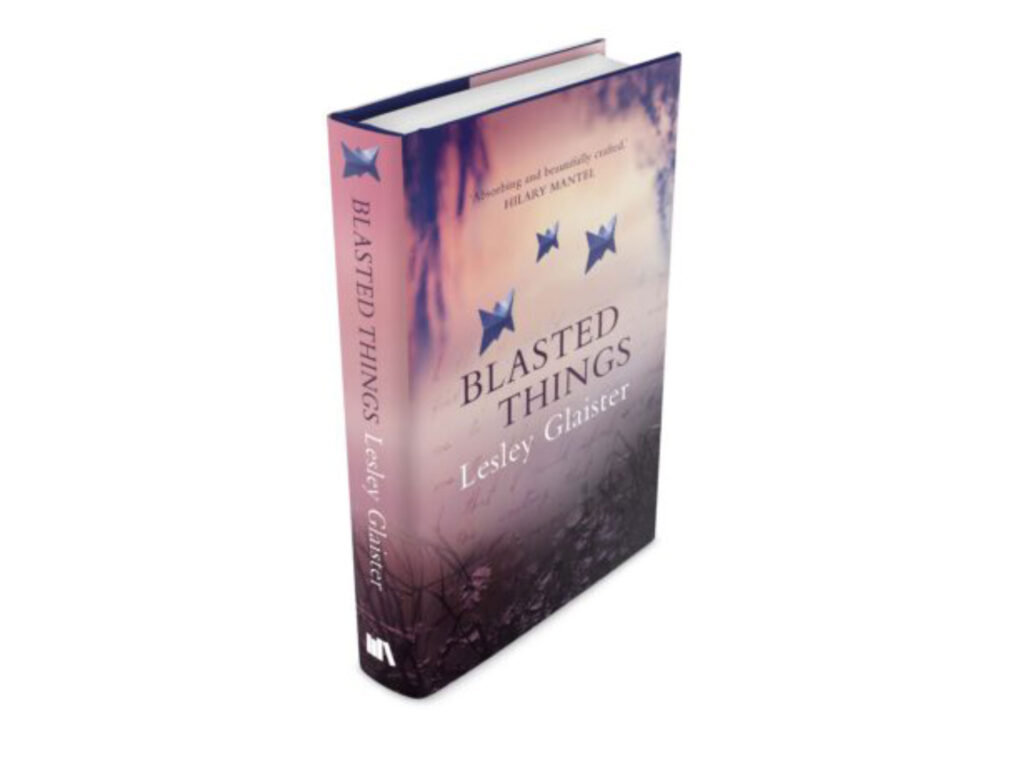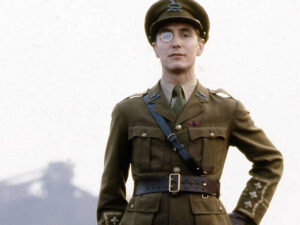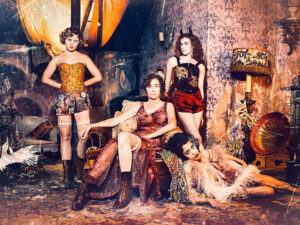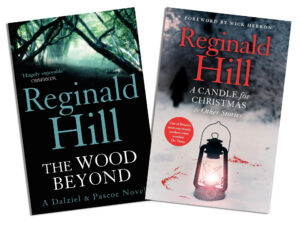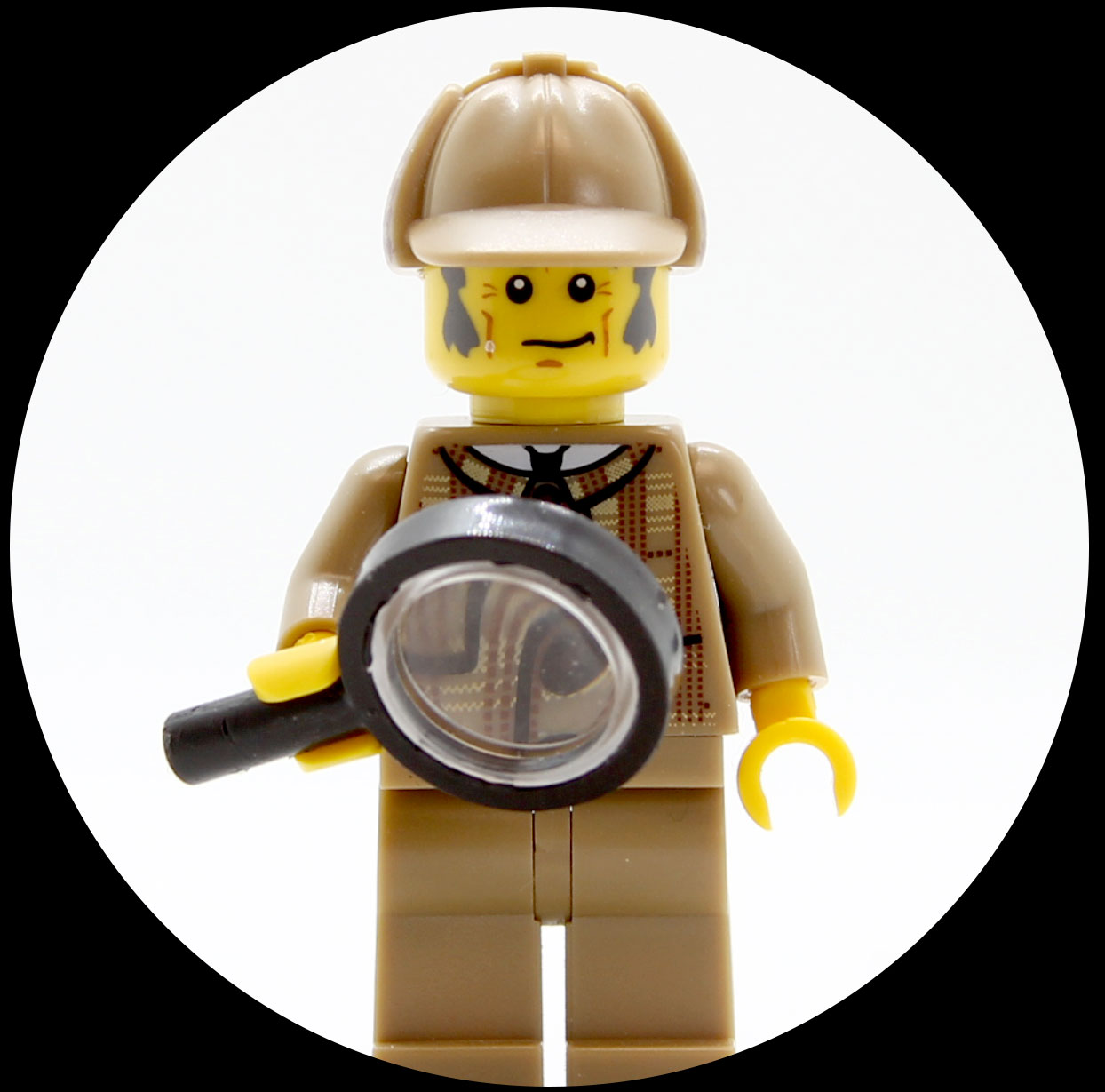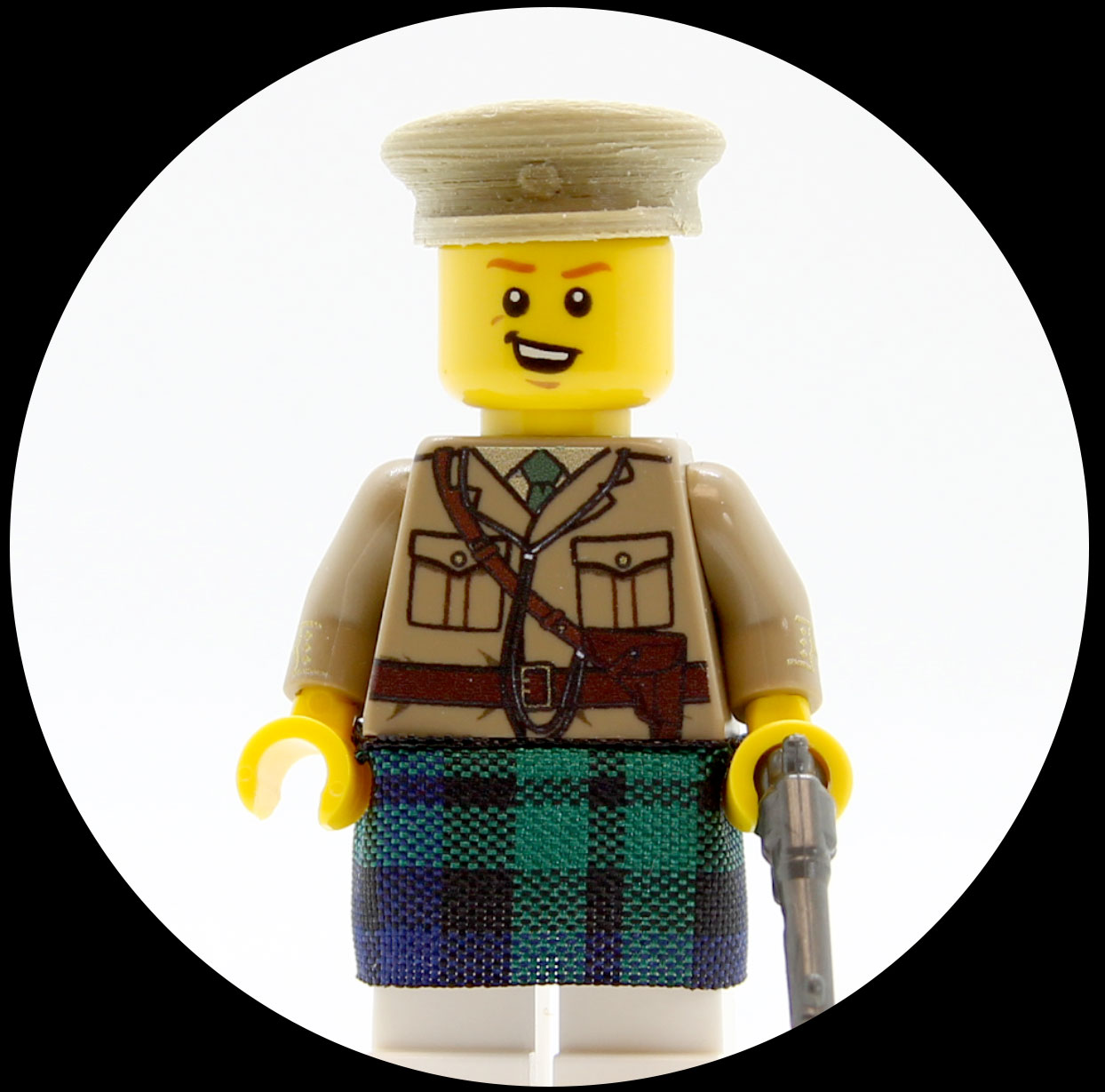How do you write a novel about the First World War without resorting to cliché?
This month, Angus, Chris and Jessica speak to novelist Lesley Glaister about her new book, Blasted Things, set in the aftermath of the war. Along the way we discuss family history, what it feels like to hold historical documents, the medico-legal definition of PTSD and how to capture the register of a place and time effectively.
References
Lesley Glaister, Blasted Things
Lesley Glaister, Little Egypt
Lesley Glaister, Easy Peasy
Anne Powell, Women in the War Zone
Rebecca West, Return of the Soldier
Ford Madox Ford, Parade’s End
Aldous Huxley
Rosamund Lehman
Virginia Woolf
May Sinclair
Agatha Christie, Witness for the Prosecution, adapted by Sarah Phelps
Louisa Young, My Dear, I Have Something to Tell You
Sarah Waters
Dorothy Whipple, High Wages
Wendy Gagen, (2007) ‘Remastering the Body, Renegotiating Gender: Physical Disability and Masculinity during the First World War, the Case of J. B. Middlebrook’, European Review of History: Revue européenne d’histoire, 14:4, 525-541,DOI: 10.1080/13507480701752169
Oliver Wilkinson, British Prisoners of War in First World War Germany, Cambridge University Press, 2017.
Joel Morley, ‘Dad ‘never said much’ but… Young Men and Great War Veterans in Day-to-Day-Life in Interwar Britain’, Twentieth Century British History, Volume 29, Issue 2, June 2018, Pages 199–224, https://doi.org/10.1093/tcbh/hwx063
Michael Roper, ‘Re-remembering the Soldier Hero: the Psychic and Social Construction of Memory in Personal Narratives of the Great War’, History Workshop Journal, Volume 50, Issue 1, AUTUMN 2000, Pages 181–204, https://doi.org/10.1093/hwj/2000.50.181
